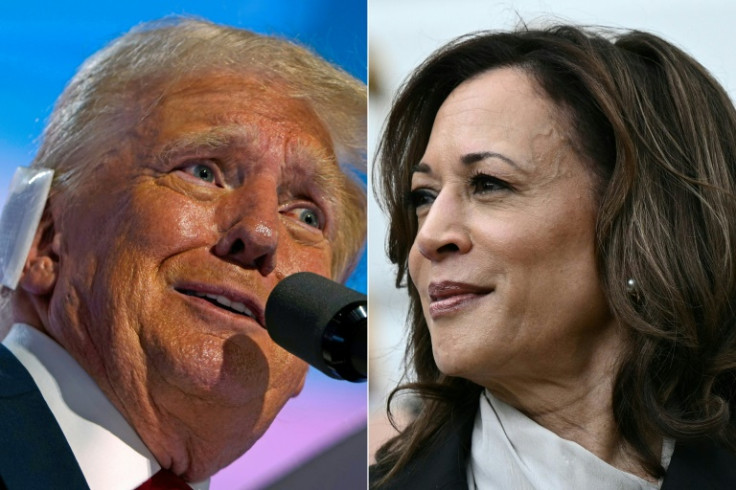
The arrest on Thursday of Ismael "El Mayo" Zambada and Joaquín "El Guero" Guzmán López, prominent leaders of the Sinaloa Cartel, represents a significant development in the fight against drug trafficking and can have substantial implications for the US political landscape, according to experts in law enforcement, diplomatic relations, and electoral processes.
Boost for Kamala Harris's Record
"This is very positive news for the Biden Administration and its Vice President Harris," said Gabriela Cuevas Barron, a respected Mexican internationalist. "These arrests validate the strategy of using intelligence and cooperation over military force, as proposed by former President Trump, and will allow Harris to remind the electorate of her success as California's attorney general in combating drug trafficking at the border."
During her tenure as California's Attorney General, Harris achieved successes when dealing with the Sinaloa Cartel. "I remember her at the border in San Diego announcing her strategy and delivering some hard blows," Cuevas added in an interview with Radio Fórmula.

An example was the seizure in November 2011 of 18.5 kilos of cocaine worth an estimated $1.85 million as part of a Department of Justice-led operation that targeted the Mexican cartel. "This operation is an example of the complex and multi-jurisdictional work that Department of Justice agents do every day to keep California safe," then Attorney General Harris said. "I commend these agents for their bravery and professional excellence."
In 2015, Harris announced the arrest of five individuals suspected of being associated with the Sinaloa Cartel for trafficking 55 pounds of methamphetamine with a street value of $2 million. That year, she released the report Gangs Beyond Borders: California and the Fight Against Transnational Organized Crime, which called the trafficking of methamphetamine from Mexico into California "a growing threat to the state and a top priority for law enforcement." It was the first comprehensive report analyzing the current state of transnational criminal organizations in California and the threats they pose to the state's public safety and economy.
Following the release of this report, Kamala Harris led a delegation of state attorney generals to Mexico to strengthen working relationships between the governments of both countries to enhance efforts to combat transnational crime.
Implications for Trump's Narrative
In contrast, Donald Trump has consistently emphasized the threat posed by Mexican drug cartels, using this as a cornerstone of his policy proposals, which include militaristic interventions and stringent immigration controls.
In an interview with Jesse Watters on Fox News this week, Trump said strikes against Mexican drug cartels are "absolutely" still on the table as fentanyl and overdose deaths continue to plague the United States.
Trump said Mexico would be given a short period of time to "police their border."
"I'm sure they're gonna do not well, and then you're gonna see the action start. And you know what's gonna happen? We're gonna have a lot of people living — they're killing 300,000–350,000 — not 100,000 or 90,000 — I'd like to say 100,000. That's a lot of people. That's two Yankee stadiums, OK? They're killing 300,000 people, maybe more than that, and destroying families," he continued.
"The arrests of Zambada and Guzmán López undermine this narrative since they are perfect to showcase the effectiveness of law enforcement," said Roy Campos, a renown Latin American analyst. "His anti-Mexico and interventionist rhetoric only works with the people that already like him, but these detentions cast doubt and won't help him get any new voters for sure."
© 2025 Latin Times. All rights reserved. Do not reproduce without permission.



